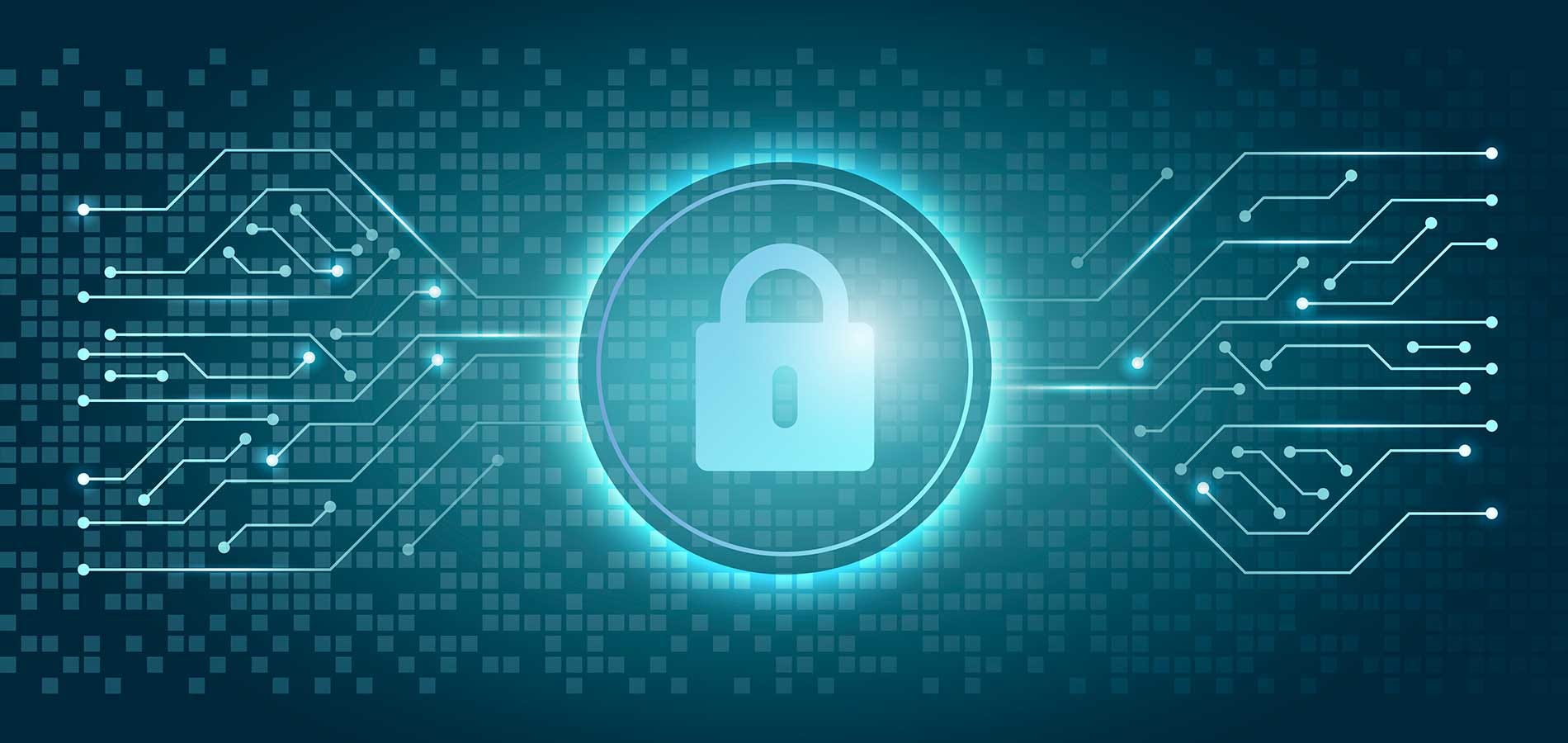How to do rolling updates on EC2 Autoscaling Group in AWS
Rolling Updates, also known as Instance Refresh in AWS EC2 Auto Scaling groups, refers to
How you can navigate the online, while keeping your digital secure and away from malicious actors

Hey all!!
October is Cybersecurity Awareness Month, and I would like to take this chance to share 5 tips of how you can ensure being secure while being online. These tips will not only help you ensure that your valuable assets remain protected, also help cultivate a proper security hygiene for the future.

With a large number of websites & services, its hard to keep track of every single password & username used for every single account. This can lead to re-use of passwords & could also set you up for disaster.
Password Managers allow you to store all your critical credentials, with just a single password to remember, making your life easier and secure.

P.s.: If you need some help in setting up a password manager, this is an awesome that walks you through setting up a password manager on Windows (specifically BitWarden).

With ever-increasing digital presence and the wide breadth of information available online, it’s not very difficulty for a malicious attacker to get a hold of your password. Thus, two-factor authentication (or multi-factor authentication) ensures that even if someone gets access to your password, your account remains safe.
Most of the major sites, such Facebook, Gmail, Reddit and Amazon already have the capability to set up a #2FA on your account. Thus, take some time and set up 2FA on your most critical accounts.
Updating your system can be a pain sometimes, and especially with big releases, as they can take hours to finish. But believe me when I say this, you’re better off taking the time to install those updates.

Companies like Microsoft and Apple frequently release updates for their products. These releases contain several bug fixes, some of which are security-related vulnerabilities. Thus, update your system as soon as you can to ensure you are protected against the vulnerabilities.

How common it is to wake up and receive a text in your family WhatsApp group, mentioning that they were able to earn $25 by just clicking this link (or any variation of this). Or to receive an email from an unknown sender asking you to complete a survey?

The fact is it is very easy to hide some malicious / malware site behind that seemingly harmless link, which your browser will happily redirect you to, once you click on it. There is a whole field of information security dedicated to the study of such tactics to lure unsuspecting victims, known as “Phishing”. But that is a story for another day…
Thus, avoid clicking on links without making sure that there is no malware hidden behind it.
There are several sites that you can use to make sure whether a link is safe to click or not such as VirusTotal & URLScan.io . Also, this is a great link in helping you make sure that the link is safe and whether or not you should click on that.

Email is one of our most important assets in this digital age. From our banking statements, to correspondence, from verification emails to account recovery, email is one of the most critical assets that one has and its security is almost vital for our digital lives.
Thus, use multifactor, avoid giving out your primarily email address and use a strong & unique password to protect your account. Plus, if you want to be a little more cautious, you can use aliases to avoid sharing your primary email with 3rd parties. Aliases allow you to generate temporary email addresses, that can be used to sign up on services, which then re-route the emails back to your original email address.
This is a great link on how you can set up aliases on your email account.
Thus following these measures, although not fool-proof, but will allow you the peace of mind, while navigating the digital realm.
If you have any thoughts, please feel free to comment below and share this article with your friends and family to raise awareness regarding online security and its benefits.